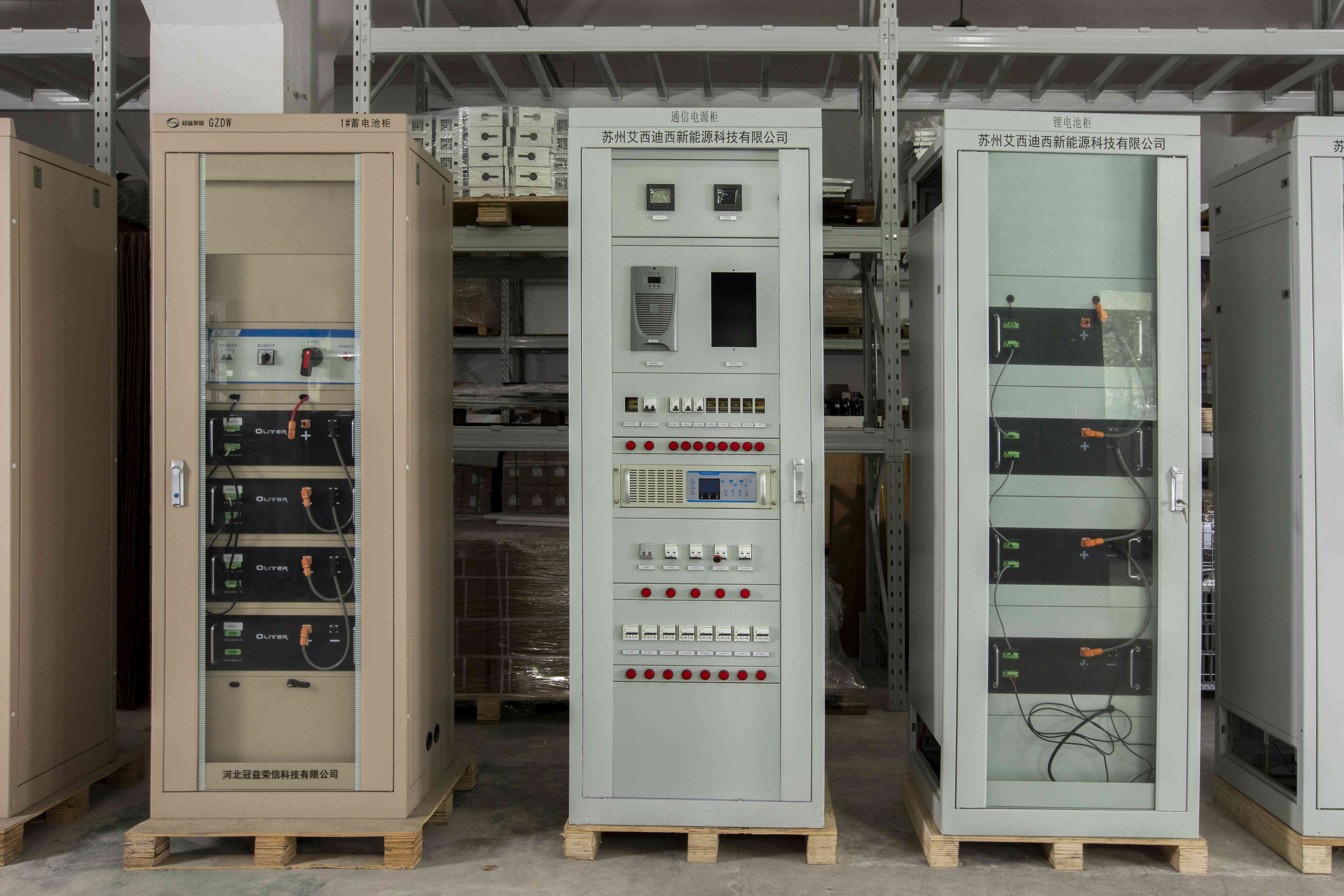
Aug . 06, 2024 14:01 Back to list
Choosing the Best Power Supply Options for Your Home Server Build and Setup
Power Supply Solutions for Home Server Manufacturers
As the demand for data storage and processing capabilities continues to rise, many individuals and small businesses are turning to home servers. These servers provide efficient solutions for file hosting, media streaming, and even local software development. However, one critical aspect often overlooked by home server manufacturers is the power supply unit (PSU). A reliable and efficient power supply ensures not only the proper functioning of the server but also its longevity and stability.
Importance of Choosing the Right Power Supply
The power supply is the heart of any server. It converts electrical power from an outlet into usable power for the server components, such as the motherboard, processors, and storage drives. A quality PSU is crucial for several reasons
1. Efficiency An efficient PSU reduces energy waste, lowering power bills and promoting a more sustainable operation. Look for power supplies that are rated at least 80 PLUS certified, as these units guarantee efficiency levels above 80%, reducing heat generation and overall electricity consumption.
2. Stability Servers often run 24/7, handling essential workloads. A stable power supply ensures that voltage fluctuations do not damage sensitive components. High-quality PSUs feature various protections, such as over-voltage, under-voltage, and short circuit protection, safeguarding the server from potential issues.
3. Modularity For home server manufacturers, modular PSUs offer the ability to detach unused cables, leading to better cable management and airflow within the server case. This aspect can significantly enhance the cooling performance and, consequently, the lifespan of other components.
Key Features to Consider
When designing a home server, several features in a power supply should be prioritized
- Wattage Assess the power requirements of the components to choose an appropriate wattage
. It's generally advisable to select a PSU with a bit more capacity than what is needed to account for future upgrades or additional components.power supply for home server manufacturers

- Form Factor The physical size of the power supply must fit within the server's case. Common sizes include ATX, SFX, and TFX. Manufacturers should ensure compatibility to avoid installation issues.
- Cooling Solutions Efficient cooling is pivotal in maintaining optimal operational temperatures. Look for PSUs with active cooling fans that can adjust their speed based on load, reducing noise and enhancing longevity.
- Brand Reputation Invest in reputable brands known for quality and reliability. Manufacturers like Seasonic, Corsair, and EVGA have established themselves as leaders in power supply technology, often backed by good warranty policies and customer support.
Trends in Power Supply Technology
As the tech landscape evolves, so do the innovations in power supply technology. Here are some emerging trends that home server manufacturers should consider
- Digital Power Supplies These systems allow for more precise voltage regulation and monitoring capabilities, enabling users to keep track of power usage and efficiency via software interfaces.
- Power Distribution Units (PDUs) For larger home server setups, PDUs provide flexible power options, ensuring that multiple devices can be powered efficiently without overloading.
- Green Technologies With growing awareness of environmental issues, there is an increasing trend toward designing power supplies that utilize eco-friendly materials and support renewable energy sources.
Conclusion
In conclusion, the power supply unit is a vital component in home server manufacturing. By focusing on efficiency, stability, and modern technology, manufacturers can enhance the performance and reliability of their servers. As more individuals and businesses invest in home servers, the importance of suitable power supply solutions will only continue to grow, shaping the future of data management in homes.
-
Advanced AI Energy Management with GPT-4 Turbo
NewsAug.02,2025
-
AI-Powered EMS with GPT-4-Turbo | Efficiency Boost
NewsAug.01,2025
-
Optimized Storage System for GPT-4-Turbo | High Performance
NewsJul.31,2025
-
AI Energy Management System w/ GPT-4 Turbo Efficiency
NewsJul.31,2025
-
High-Performance Energy Storage System for Reliable Power Solutions
NewsJul.30,2025
-
Advanced EMS Solutions for Energy Management System & Storage Battery Companies
NewsJul.29,2025























